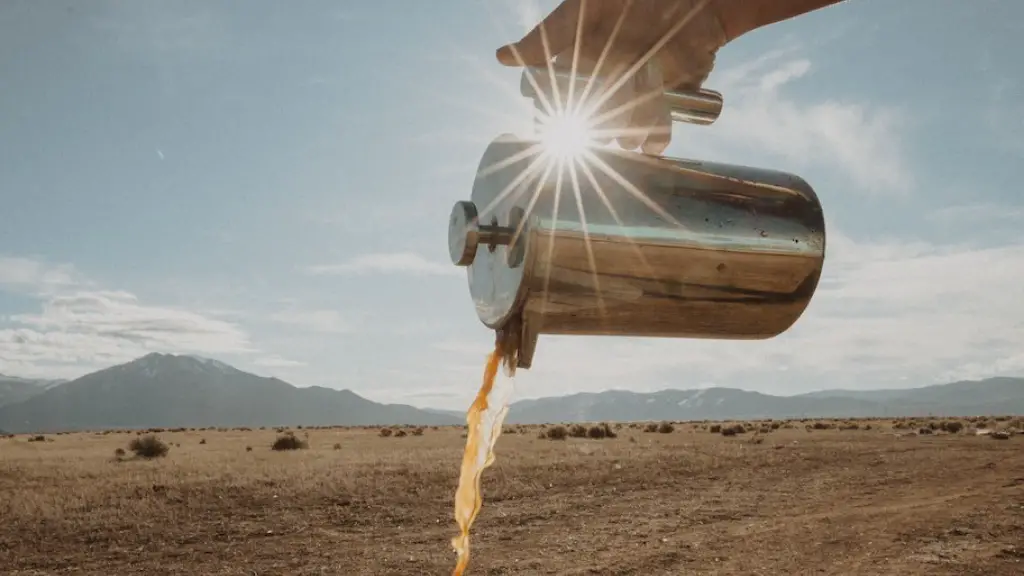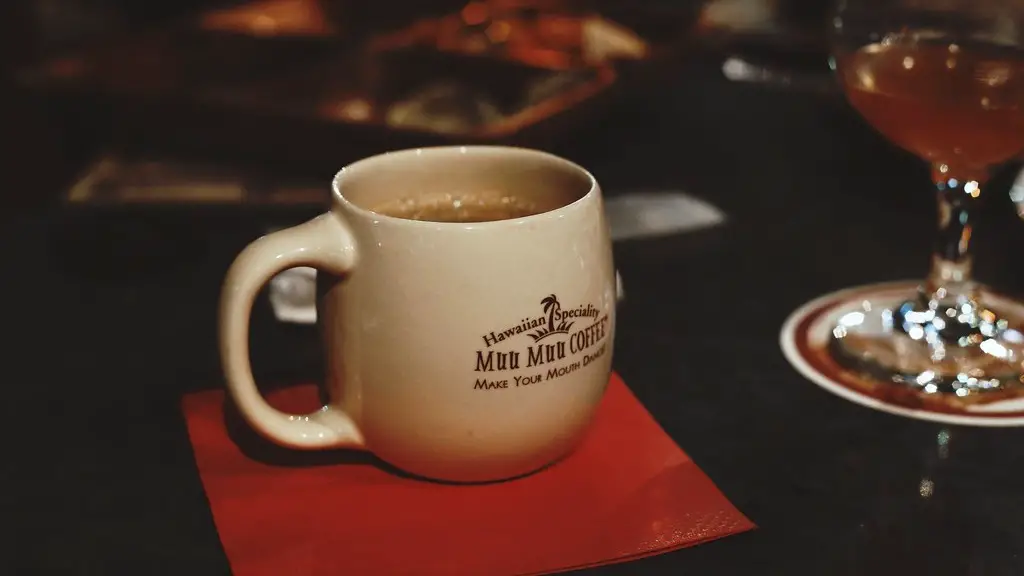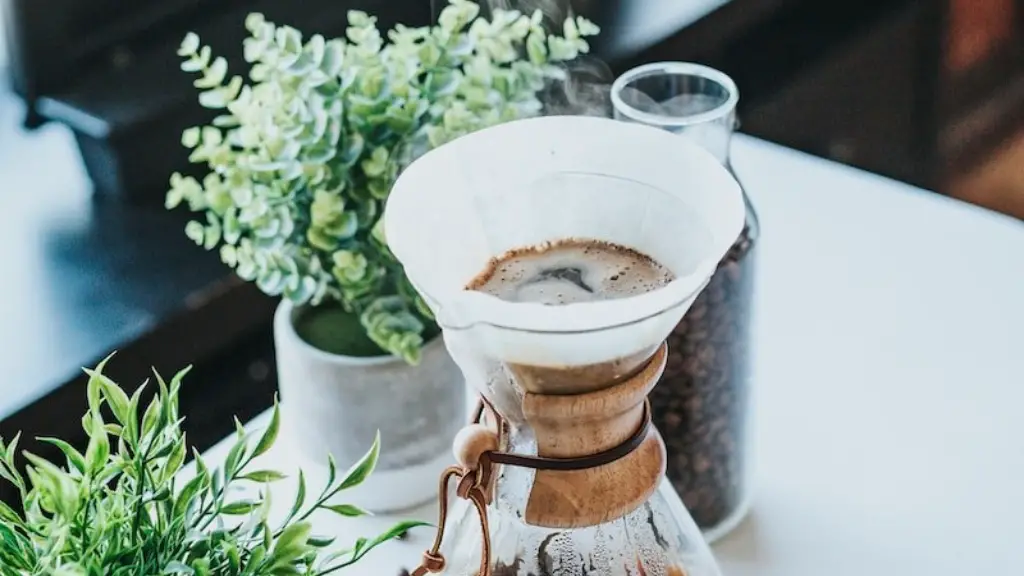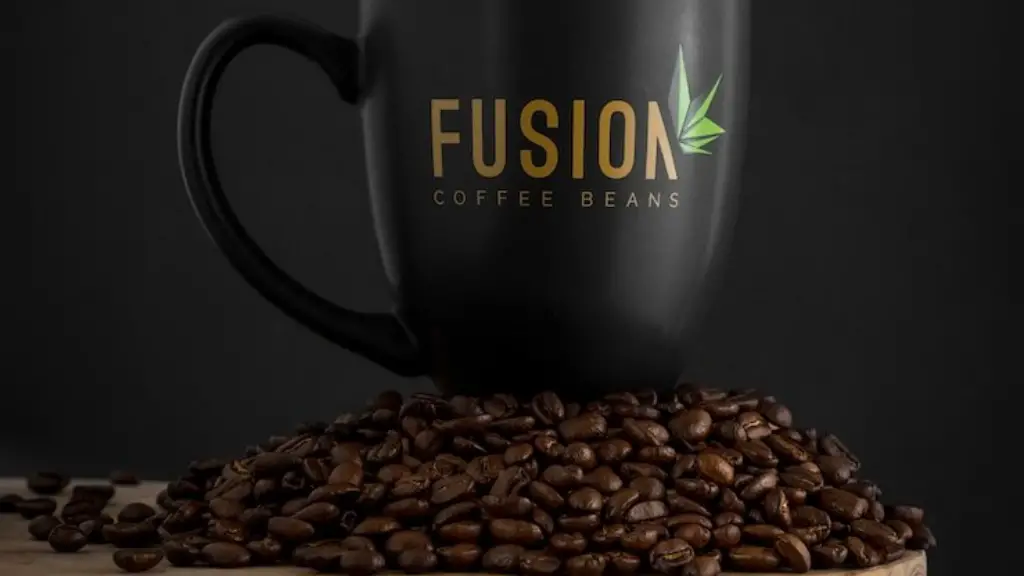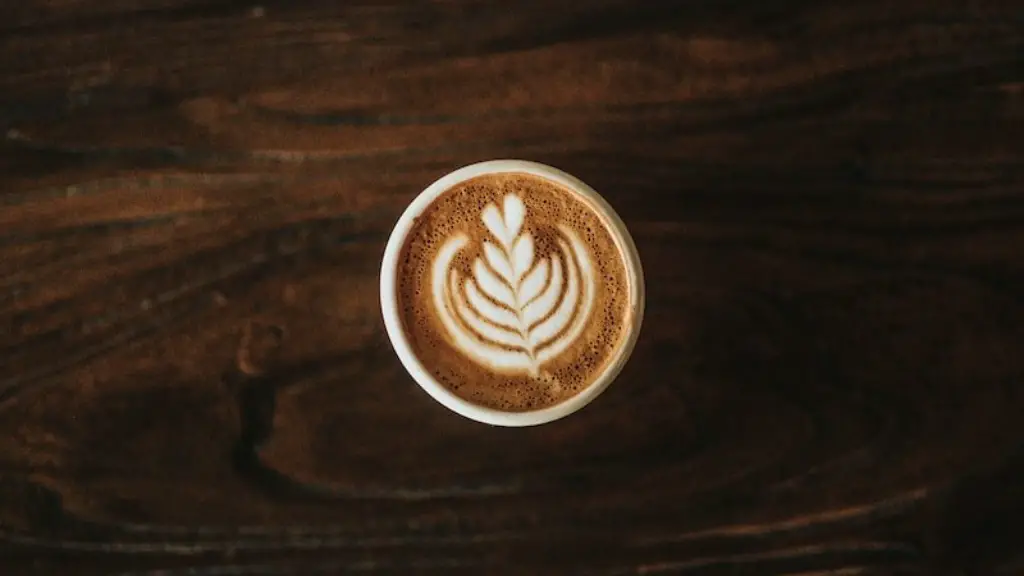Can you Drink Coffee before Alcohol?
Recent studies show that drinking coffee before alcohol has become popular among young adults.This raises the question: is it safe to drink coffee before alcohol? To answer this question, it is important to understand how coffee and alcohol affect the body, and whether or not they interact with one another.
Alcohol is classified as a depressant, while caffeine is considered a stimulant. Both of these can affect different areas of the brain and body, including their effects on the heart, liver, and mental alertness. When consumed independently, both alcohol and caffeine can cause reversible physical and mental effects.
According to health experts, there is no scientific evidence to suggest that coffee or other caffeinated beverages can reduce the effects of alcohol. For example, caffeine alone is not proven to prevent intoxication. Additionally, coffee has no impact on alcohol metabolism, which means coffee does not help your body break down alcohol faster.
On the other hand, there is research to suggest the combination of coffee and alcohol can affect drinkers differently than if they consumed either beverage on its own. Studies have shown that, when coffee and alcohol are consumed together, alcohol can influence the caffeine absorption rate in the body. This can lead to an increased feeling of intoxication and an increased risk of developing alcohol-related health problems.
Overall, drinking coffee or other caffeinated beverages before consuming alcohol is not recommended. Drinking coffee diminishes neither the effects of alcohol nor its health risks. In fact, it may increase the risk of developing alcohol-related health issues. It is recommended that people enjoy a cup of coffee or tea and a snack after a night of drinking, in order to help rehydrate and help clear away the toxins in the body.
Effects On Behavior
Research also suggests that coffee can have an impact on the behavior of those who drink alcohol. Studies show that when caffeine and alcohol are combined, there is an increased risk of developing aggressive behavior. This may be because the stimulant effect of caffeine can reduce the sedative properties of alcohol, thus causing a person to have more energy, greater motor skills and alertness, and increased impulsivity.
In addition, the effects of combining caffeine and alcohol has been known to stimulate the cardiovascular system and increase heart rate and blood pressure. This can cause adverse reactions such as dizziness or nausea. Furthermore, the combination of alcohol and caffeine may impair vision and reduce coordination. These effects can make it more difficult to maintain balance and even lead to falls or injuries.
On the other hand, some people may find that the combination of caffeine and alcohol actually helps them stay awake longer and party harder. It is important to note, however, that this combined effect can be dangerous and can result in higher levels of intoxication than expected.
Health Concerns
Caffeine and alcohol, when consumed together, can have serious health consequences. Since both act as diuretics they can increase dehydration, making it more difficult for the body to break down the alcohol. This can increase the risk of developing alcohol-related illnesses such as liver damage, gastrointestinal distress, and addiction. Additionally, the combination of caffeine and alcohol can increase the risk of developing heart palpitations and other cardiac problems.
Furthermore, combining the two can have significant impacts on the central nervous system. Since caffeine acts as a stimulant, it can cause a person to stay awake longer and become more active. This can lead to higher levels of brain-related functions like reaction time and judgment. The combination of caffeine and alcohol can also affect memory and lead to risky behavior like driving under the influence.
It is important to remember that everyone responds differently to the combination of caffeine and alcohol. Some may experience greater intoxication or adverse health effects than others. It is recommended to drink in moderation and know your limits when it comes to drinking coffee and alcohol.
Alternatives
If you are looking for a morning boost of energy or an evening pick-me-up, there are alternatives to drinking coffee before consuming alcohol. Try hydrating with water or other non-caffeinated beverages like fruit juice or tea. Additionally, you can try exercising or taking a nap instead. These alternatives can help provide the energy and alertness you desire, without the risks associated with the combination of alcohol and caffeine.
There are also some new products on the market which combine the effects of alcohol and caffeine without actually consuming them. These products are marketed as “energy drinks” and are becoming increasingly popular among young adults. It is important to note that these drinks still contain alcohol and may increase the risk of intoxication. Additionally, it is not clear how safe these drinks are in comparison to drinking coffee and alcohol separately.
Takeaways
Though it has become increasingly popular among young adults, drinking coffee before alcohol is not recommended. The combination of caffeine and alcohol can increase the risk of intoxication and cause adverse health effects. Instead of drinking coffee before alcohol, it is best to hydrate with water or other non-caffeinated beverages like fruit juice or tea.
For those looking for an energy boost, it is important to try alternatives before resorting to the combination of alcohol and caffeine. Additionally, it is important to be aware of the risk associated with energy drinks marketed as “alcohol energy drinks”. Knowledge of the effects of combining alcohol and caffeine can help to ensure that people are drinking responsibly and safely.
Environmental Impact
When it comes to consuming coffee and alcohol, it is important to consider the environmental impact of these beverages. Coffee is usually grown in lush tropical environments, meaning many coffee-producing regions are at risk of deforestation. Additionally, both the production and consumption of alcohol have a negative impact on the environment. From the production of beans to the processing of alcohol, these activities can lead to deforestation, water contamination, and emissions.
There are also energy costs associated with the production and consumption of these beverages. Coffee is usually produced using large amounts of energy to dry and transport the beans, while production of alcohol usually involves burning fossil fuels to power the facilities and machinery. Furthermore, alcohol consumption leads to wasted resources, such as water and electricity.
Overall, drinking coffee and alcohol can have a large environmental impact when not done in moderation. It is important to consider the sustainability of the production and consumption of these beverages, as well as the amount used. Additionally, opting for organic, shade grown, and locally produced items can help to reduce the environmental impact of caffeine and alcohol.
Financial Impact
Most of us know that expensive habits like drinking coffee and alcohol can have a negative financial effect. Depending on the type of beverages consumed, and the frequency, these habits can cost a lot of money over time. In addition to the cost of purchasing drinks, there could be additional costs associated with “mixers” to create cocktails and snacks to eat while drinking.
Furthermore, those activities associated with drinking, such as going out to the bar or restaurant, can be costly. In addition to the cost of food and drinks, there are often additional fees for tables, parking, and gratuities. Moreover, if you are using a ride-sharing service, you may also be paying for the transportation costs.
Lastly, the combination of alcohol and caffeine can also lead to costly health problems. Aside from the immediate effects like dehydration, hangovers, and blacking out, the long-term costs associated with alcohol-related illnesses can be quite substantial. Furthermore, the potential legal costs of driving under the influence can be crippling.
Whether you are drinking coffee or alcohol or both, it is important to be aware of how much money you are spending each month. Though the idea of a night out with friends can be exciting, it is important to remember the cost of a good time. Setting a budget and sticking to it is the best way to ensure you are not spending too much on coffee and alcohol.
